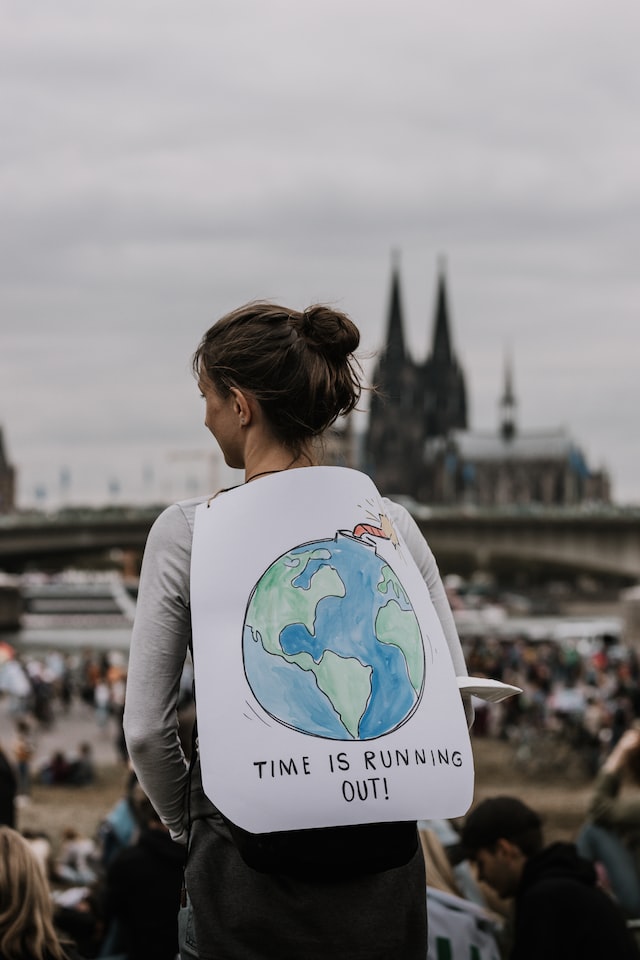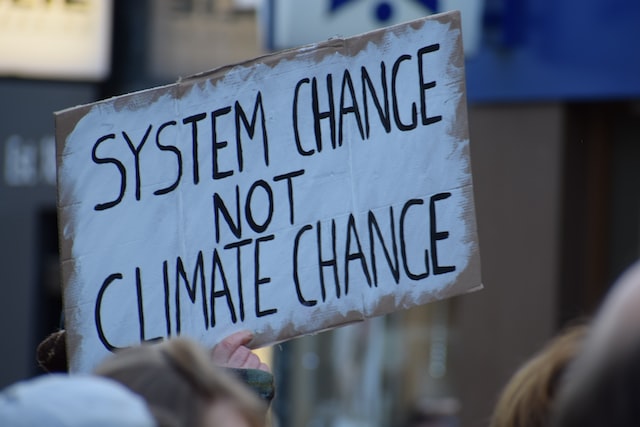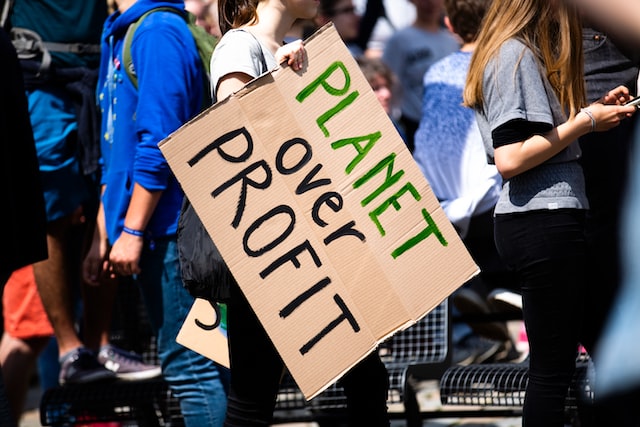As the world grapples with the pressing realities of climate change, the issue of climate change policy has become a prominent topic of discussion among policymakers, researchers, and advocates alike. To effectively address this global challenge, governments all over the world have been enacting legislation and entering into international agreements to mitigate the impacts of climate change and reduce greenhouse gas emissions.

In the United States, for instance, the 2019 Green New Deal resolution called for a shift to 100% renewable energy by 2030, among other sweeping changes in energy, transportation, and housing sectors. Similarly, the European Union has adopted the ambitious target of reducing greenhouse gas emissions by at least 55% by 2030, while countries like China and India have pledged to peak their emissions by 2030.
Apart from domestic legislation, international agreements such as the Paris Agreement have played a central role in shaping climate change policy around the world. The Paris Agreement, signed in 2015 by 196 countries, aims to limit global temperature rise to well below 2 degrees Celsius above pre-industrial levels, and pursue efforts to limit it to 1.5 degrees Celsius.
But implementing these policies and agreements is no easy task. It requires extensive coordination between governments, businesses, and civil society organizations, as well as overcoming political and economic barriers. Moreover, the social and environmental impacts of these policies must also be considered to ensure they do not exacerbate existing inequalities and vulnerabilities.
In conclusion, the global community is making progress in addressing climate change through domestic legislation and international agreements. But much work remains to be done, and a concerted effort must be made to continue working towards a sustainable future for our planet.

Specific Climate Change Policies To Support
Solar Power Zoning Legislation, Wind Turbine Zoning Legislation, Emission Caps for Companies, Car Emission Limits, and Carbon Taxes are just some of the specific climate change policies that governments have implemented to reduce greenhouse gas emissions and mitigate the impacts of climate change. Solar Power Zoning Legislation involves implementing regulations that encourage the installation of solar panels on buildings and in communities, while Wind Turbine Zoning Legislation is aimed at promoting the development of wind power facilities. Emission Caps for Companies require businesses to limit their greenhouse gas emissions to a particular amount, while Car Emission Limits seek to reduce vehicle emissions through regulations on the manufacture and sale of cars. Carbon Taxes, on the other hand, are levies imposed on companies and individuals who produce high amounts of greenhouse gas emissions, discouraging them from continuing such practices.

International Agreements Beyond the Paris Agreement, other international agreements on climate change that have shaped global policy include the United Nations Framework Convention on Climate Change (UNFCCC), the Kyoto Protocol, and the Marrakesh Accords.
The UNFCCC was established in 1992 as the primary international forum for addressing climate change, with the Kyoto Protocol (adopted in 1997) setting legally binding targets for reducing greenhouse gas emissions. The Marrakesh Accords, adopted in 2001, set guidelines for implementing the Kyoto Protocol. Regardless of the agreements signed, implementation and adherence to these policies remain a challenge, especially as climate change continues to worsen, and more policies must be enacted to address its effects.
In conclusion, climate change policy remains a pressing matter globally, and governments must continue to enact legislation and enter into international agreements to mitigate its negative impacts. However, the implementation and the impacts of these policies must be carefully considered to ensure that they are equitable, sustainable, and effective. As individuals, we can also contribute to addressing climate change by adopting sustainable practices in our daily lives and advocating for policies that promote a cleaner and greener world.


